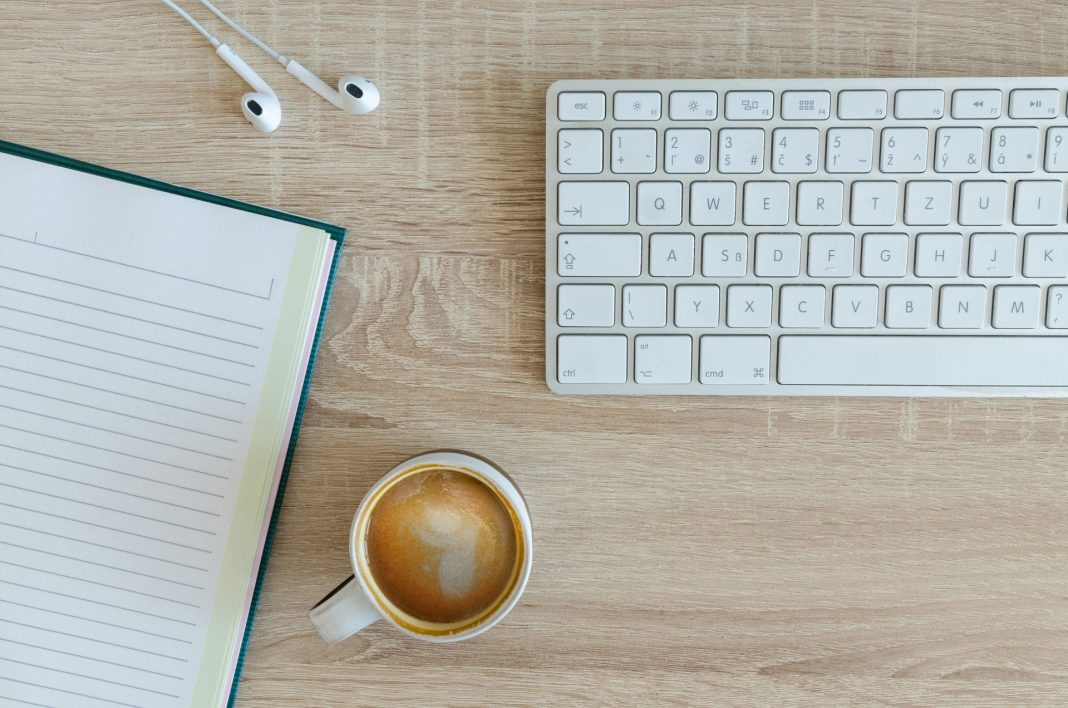Studying can feel like a never-ending challenge for students. Hours spent flipping through notes or highlighting textbooks often lead to frustration when test results don’t match the effort. Learning how to study effectively can change everything. By combining smart strategies with self-discipline, students can retain more information, finish assignments faster, and reduce stress.
Academic coach Sophia Bennett often reminds students that success isn’t just about long study sessions. It’s about studying smart, creating routines, and using proven strategies that actually stick. Below are 10 study techniques that will help you finally master how to study effectively and make learning more enjoyable.
If you’re stuck on a research paper or struggling to balance multiple projects, academic support services like write my paper can lighten the load. This doesn’t replace learning; it ensures you meet deadlines without sacrificing comprehension. Sophia encourages students to use paper writing help as a strategic tool, not a shortcut.
1. Create a Dedicated Study Space
The environment where you study has a huge impact on productivity. A cluttered bedroom or noisy café might make it impossible to concentrate. Instead, set up a quiet, organized space with your textbooks, laptop, and supplies ready.
Establishing a consistent study spot is one of the simplest how to study effectively tips because it signals to your brain that it’s time to focus. Over time, this routine becomes automatic, reducing procrastination.
2. Break Study Sessions Into Short Intervals
Marathon study sessions often lead to mental exhaustion. Instead, break work into short, focused intervals. The Pomodoro Technique – 25 minutes of studying followed by a 5-minute break – is a great method for students learning how to study effectively.
These intervals keep your mind fresh and prevent burnout. After four rounds, take a longer break to recharge before starting again.
3. Use Active Recall
Rereading notes might feel productive, but it’s one of the least effective methods for retention. Active recall involves closing your notes and testing yourself on the material.
For example, after reading a history chapter, try writing down everything you remember about the causes of World War I without looking. This simple exercise teaches your brain how to study effectively by practicing the same skill you’ll need during exams: retrieval.
4. Apply the Spaced Repetition Technique
Cramming the night before an exam leads to short-term memory. Spaced repetition spreads your review sessions over several days or weeks. Review a topic today, again in two days, and once more in a week.
Apps like Anki and Quizlet automate this process, helping students understand how to study effectively through structured memory reinforcement. This approach is especially helpful for subjects that require memorization, like foreign languages or biology.
5. Take Handwritten Notes
Typing is convenient, but writing by hand engages your brain differently. We recommend handwritten notes because they force you to slow down and process information. Summarizing concepts in your own words leads to deeper understanding and better long-term retention.
Students who switch to handwriting often report improved focus, which is one of the most underrated how to study effectively tips.
6. Teach the Material to Someone Else
One of the fastest ways to reinforce learning is by teaching it. Explaining a concept to a classmate, sibling, or even to yourself out loud ensures you truly understand it.
This technique transforms passive reading into active learning. As Sophia Bennett explains, “If you can teach it clearly, you know it deeply.” That’s the core of how to study effectively for any subject.
7. Avoid Multitasking While Studying
Multitasking is the enemy of focus. Scrolling social media or watching videos while reviewing your notes leads to mistakes and slower progress.
To master how to study effectively, put your phone in another room and close distracting tabs. Create uninterrupted windows of study time, then reward yourself with short breaks.
8. Use Visual Learning Tools
Some students learn best through visuals. Converting text-heavy material into mind maps, charts, and diagrams makes complex concepts easier to digest.
For example, if you’re studying anatomy, color-coded diagrams of body systems are far more memorable than a wall of text. Visual learning is a practical application of how to study effectively tips because it caters to the brain’s preference for images.
9. Prioritize Sleep, Exercise, and Nutrition
Academic success doesn’t just happen at your desk – it starts with taking care of your body. Sleep consolidates memories, while proper nutrition and hydration fuel focus. Even short bursts of exercise improve mental clarity.
Many students ignore this part of how to study effectively, but physical health is a foundation for mental performance. Late-night cramming rarely beats a well-rested mind.
10. Know When to Ask for Help
Even the most organized study plan can hit a wall when assignments pile up. Knowing when to seek help is part of how to study effectively. Reaching out to a tutor, classmate, or online academic resource can prevent falling behind. It also allows students to focus on learning rather than feeling overwhelmed by endless deadlines.
Final Thoughts: How to Study Effectively?
Mastering these how to study effectively tips isn’t about trying all 10 techniques at once. Start small. Maybe create a distraction-free space and switch to active recall this week. Next week, add spaced repetition or visual study aids.
Over time, these habits become automatic. You’ll notice you finish assignments faster, recall more information during exams, and experience less stress. That’s the real secret behind how to effectively study – it’s about creating a system that works for you.
The most successful students are the ones who combine smart study techniques, healthy routines, and timely support. When your approach balances effort and efficiency, studying stops feeling like punishment and starts feeling like progress.


